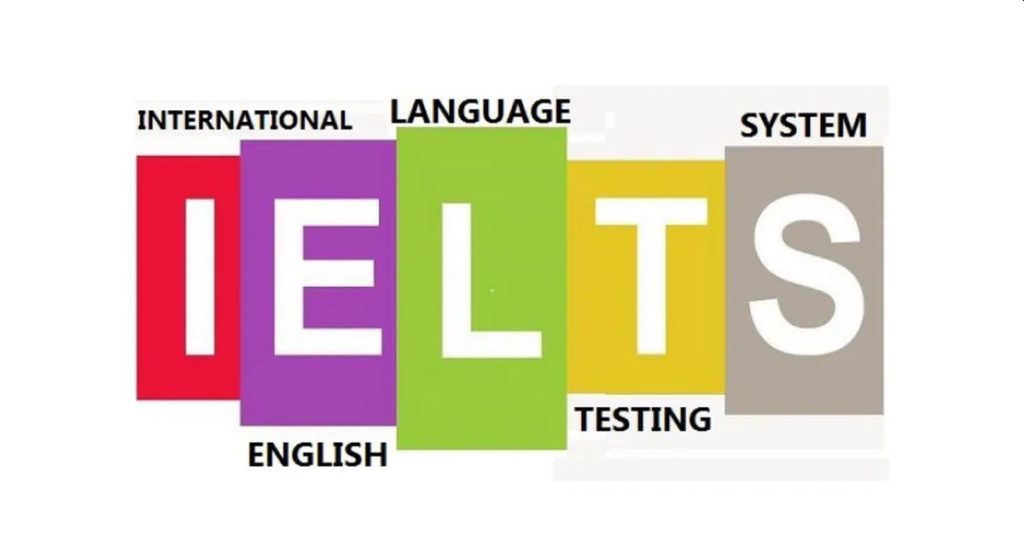
Course Description
Phonetics and Phonology Diploma is a distinguished course focusing on basic analysis, of linguistic data. Across three levels, learners will become familiarized with phonetic and phonological systems within the larger system of the English language, and will be introduced to the general principles of acoustic phonetics and phonological rules.
This programme is for English language teachers who want to ensure they are conveying English accurately as well as for anyone seeking to understand phonetics and phonology found in the English language.
The study also focuses on the micro and the macro-level of English phonetics. It also introduces learners acoustic phonetics and to general principles of phonological rules and representations.
Coursework
This diploma aims to build trainees’ confidence in the rules of the spoken English language, allowing them to teach it correctly.
Career paths include:
- ESL teacher.
- Any role requiring skilled competency in English communication.


Learning Outcomes
- Transcribe the sounds of English and other languages in phonetic notation.
- Develop ‘ear’ to discriminate key phonetic differences.
- Understand simple phonetic principles for articulation and speech perception.
- Describe the phonological features and methods of articulation for phoneme or phone.
- Provide basic linguistic descriptions and analysis for a language’s sound system, phonological alternations, syllable structures, and stress system.
- Begin to identify sounds and phenomena which are marked in world languages.
Career Prospects
The diploma enables you to examine all spheres of education and training and makes you well positioned to select suitable opportunities from a broad array of options. Graduates often work within a school setting, or in a community or senior college setting. They may also administrate government programs, or work as curriculum coordinators for schools or community programs.





